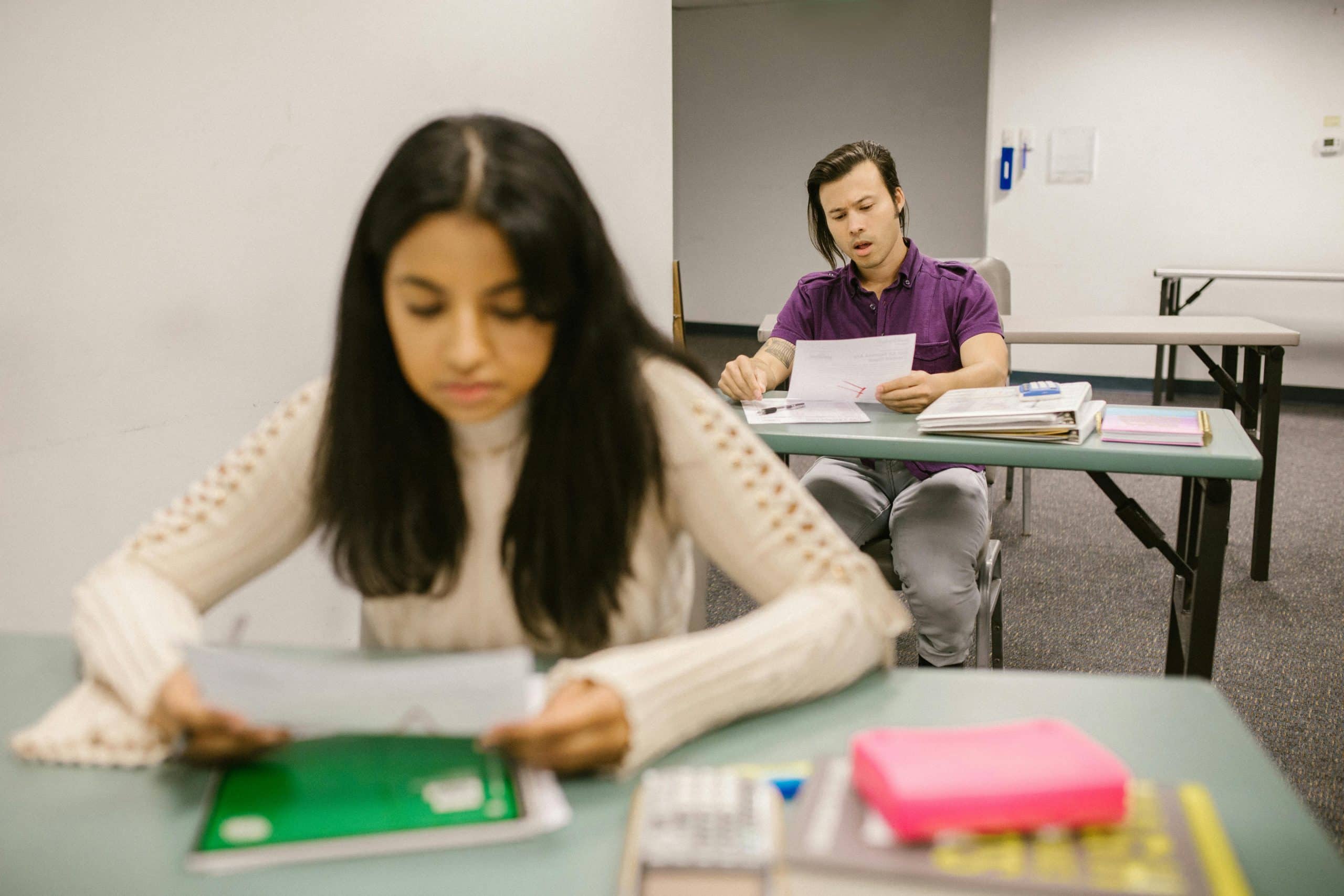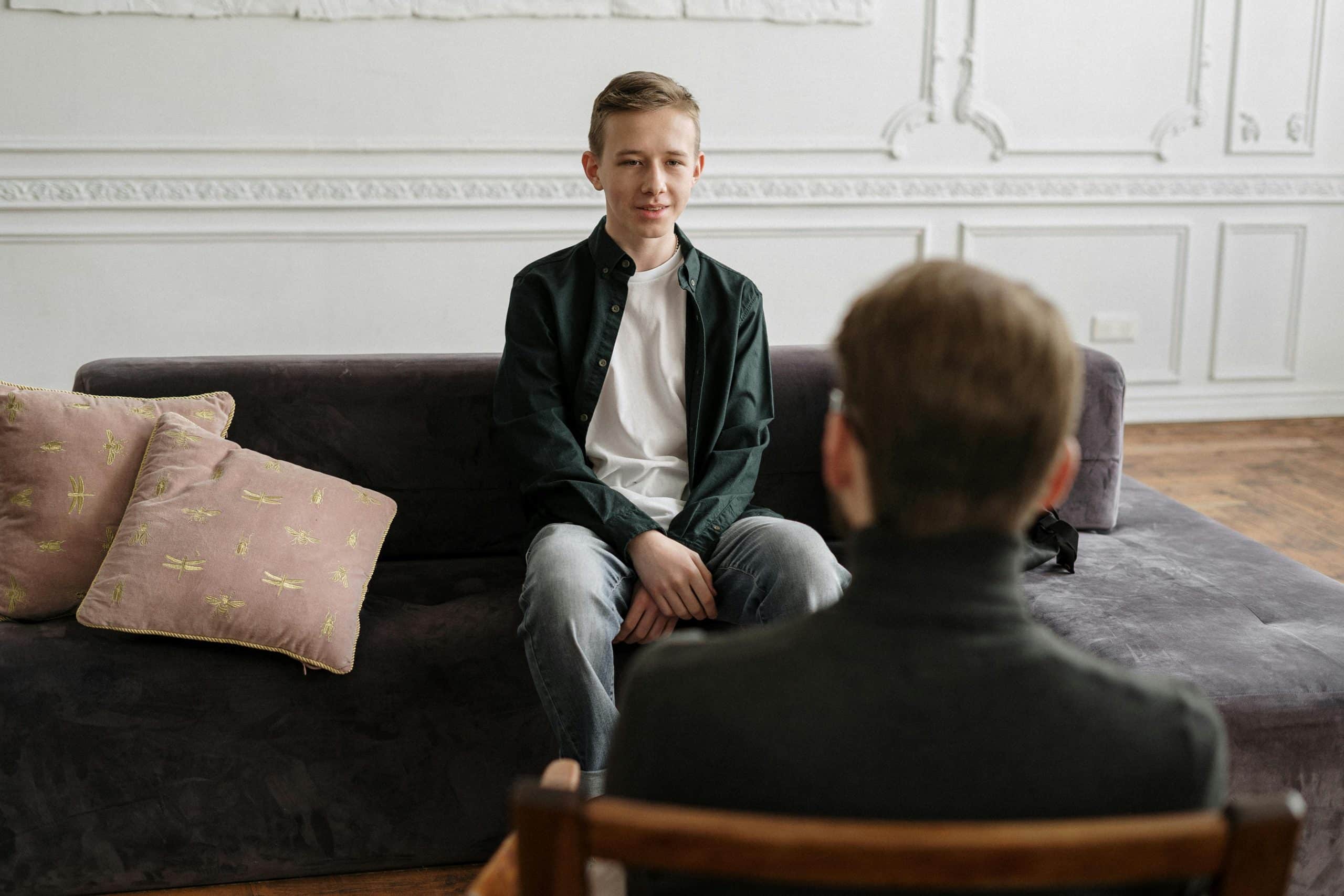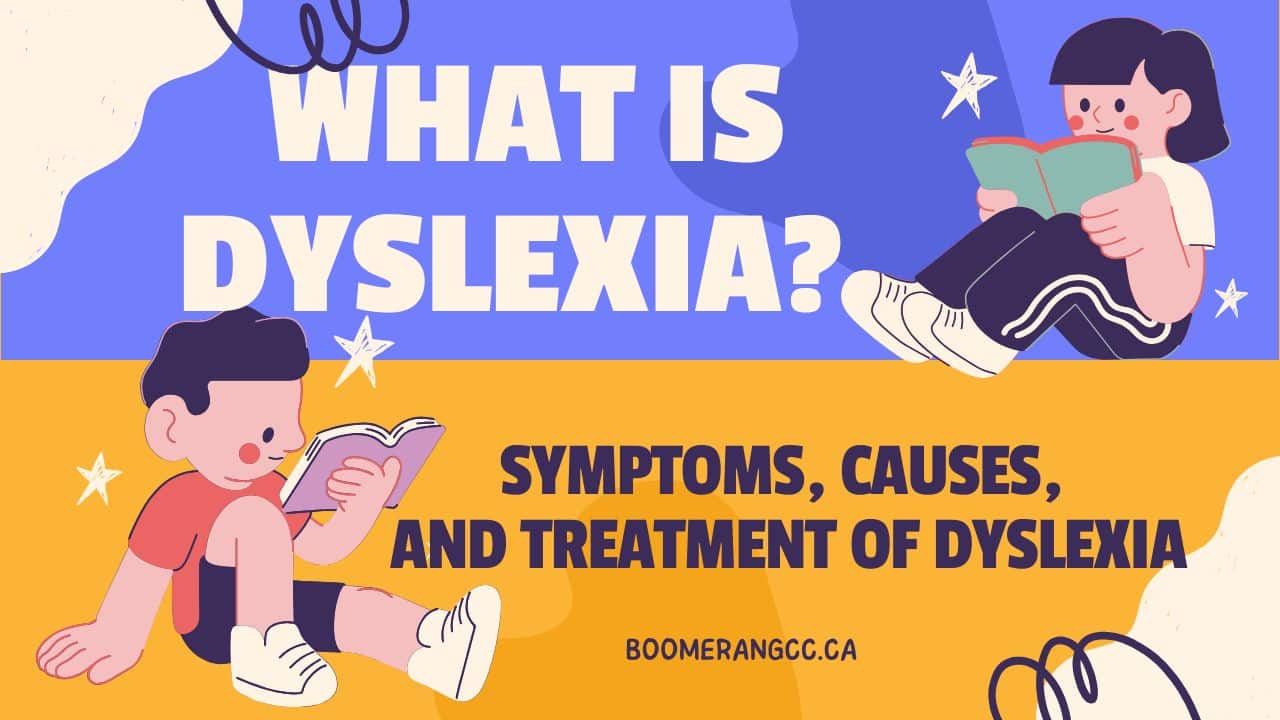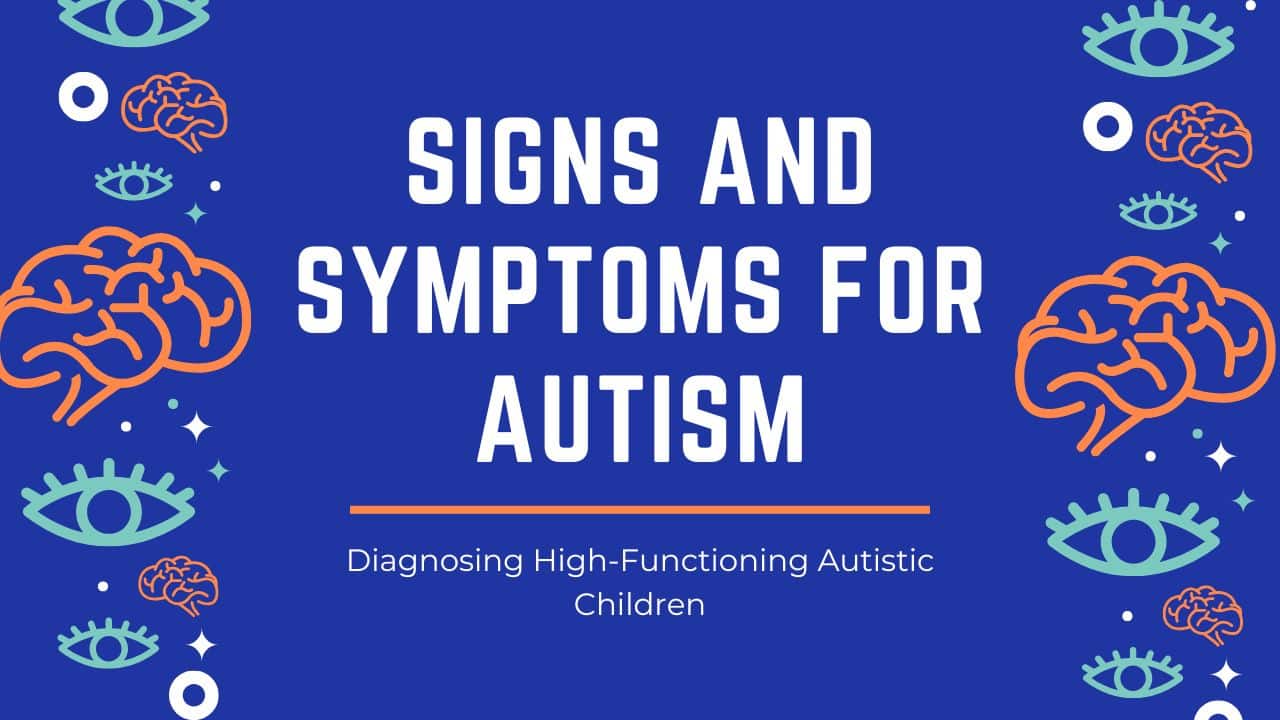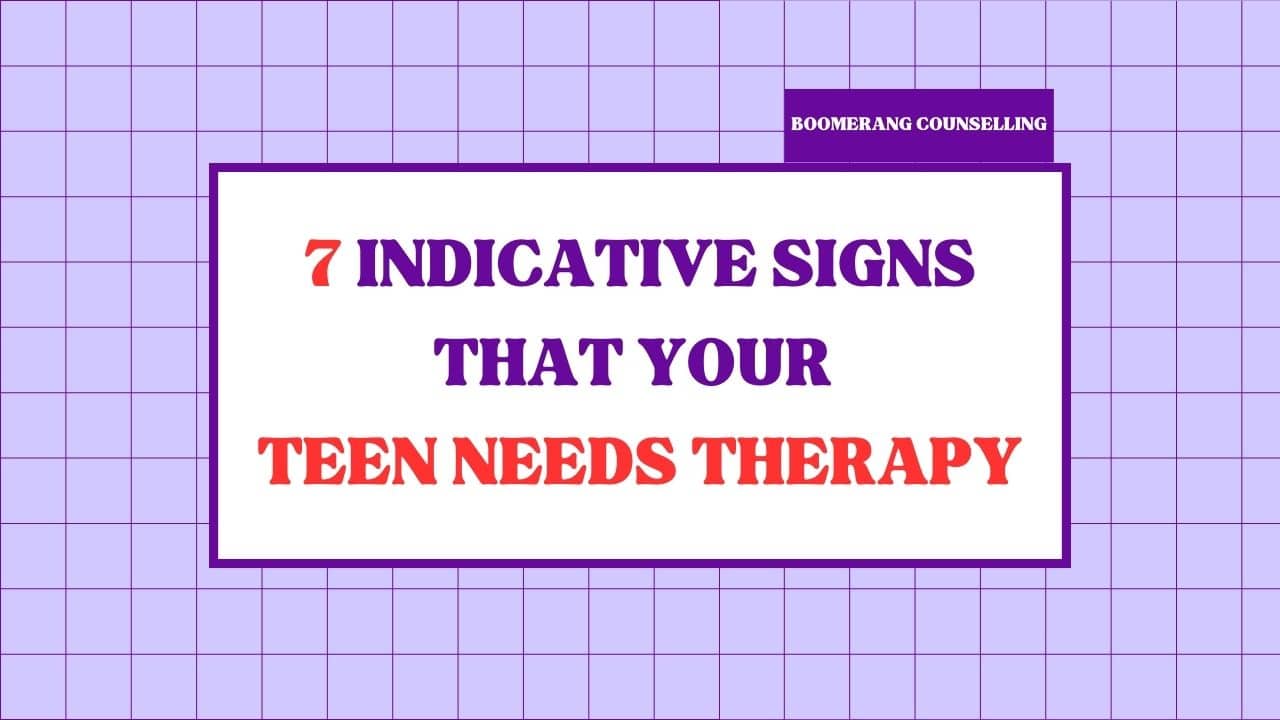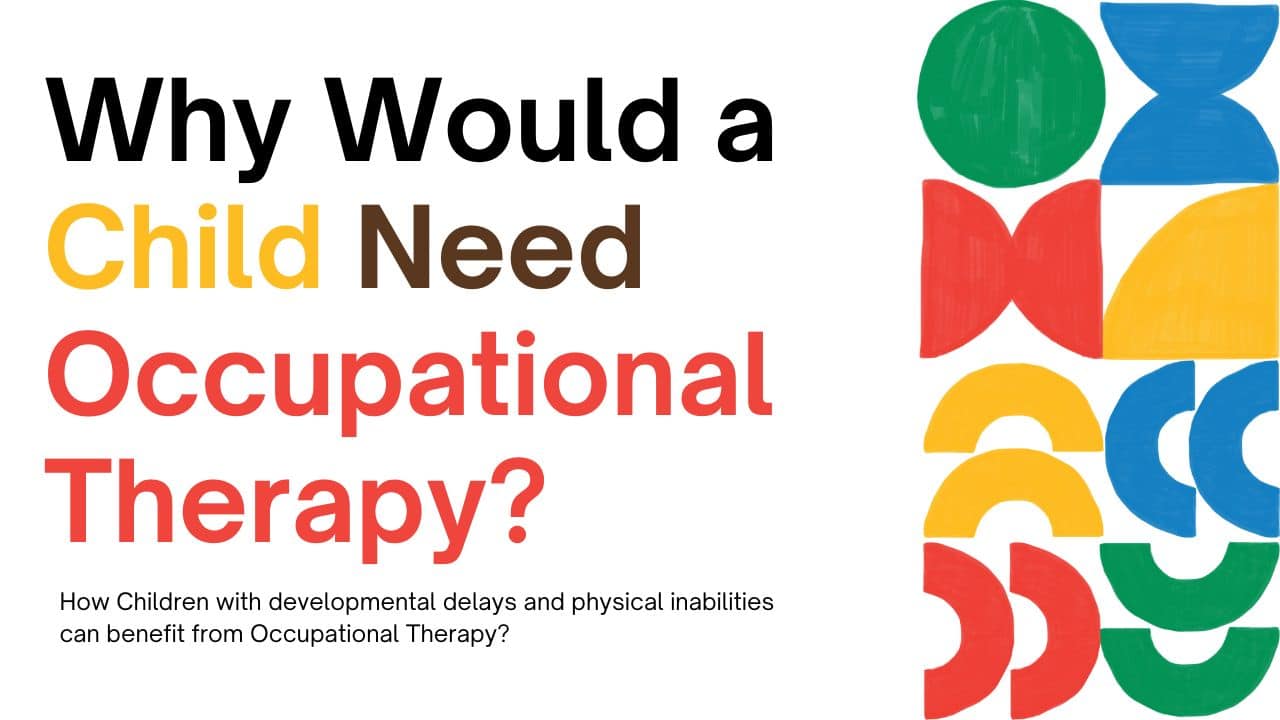During adolescence, your child goes through rapid changes in their body and emotions. As a parent, you want the best for your child, and it can be difficult knowing that your teen might be struggling with the physical, emotional, and mental changes during puberty.
At times, you might feel that these changes are the cause of moodiness and stress in your teen due to hormonal changes at this age. However, you might also wonder if it’s more than that, and your teen may need professional help through therapy. Recognizing the signs that might be alarming for your teen is important.
How Do I Know My Teen Needs Therapy?
Mental health problems might emerge during adolescence, and you need to be observant of your teen’s behavioural symptoms. Changes in adolescence, such as the transition from school to college, the use of social media, new relationships, and the constant bombardment of information, can be overwhelming for your teen.
Although some stress is normal, prolonged or acute stress can take a toll on the behaviours and mental well-being of your teen. Here are seven signs that indicate your teen may benefit from group therapy.
1. Decline in Academic Performance and Lack of Motivation
A sudden drop in the grades on your teen’s report card or a lack of interest in activities in school is a sign that they are struggling emotionally. Group therapy can help identify the root cause and teach your teen effective coping strategies.
Although grades are not the only measure of teens’ success, consistently declining academic performance can be an indicator of underlying mental health issues.
If your ambitious teen suddenly lacks motivation and does not take an interest in the activities they loved to do, like planning for their college, family trips, or going to a get-together with friends. They might feel overwhelmed by their surroundings, and group therapy can help them explore the barriers that prevent them from developing motivation and creating a roadmap to achieve their goals.
2. Consistent Depression or Sadness
If your teen appears withdrawn, sad, or hopeless for more than a few weeks, it might be a sign of depression. They might lose interest in their hobbies or activities that your teen enjoyed and looked forward to doing. Teens often struggle with concentration and experience fluctuations in appetite and sleep patterns.
When your child turns into a teenager, they should increase in self-sufficiency. If you are always reminding your teen to brush their teeth, change clothes, and organize their living area, it might be an indication of struggles with mental health or a neurodivergence.
3. Intense Fear and Anxiety
Experiencing anxiety is usual during times of change from high school to college. Although when your teen’s anxiety takes another step in the form of panic, intense overwhelm, and they avoid social interactions, it is important to seek professional help.
4. Your Teenager is always Angry.
We all feel annoyed and frustrated due to changes and challenges in our surroundings, but chronic anger might be an indicator of underlying mental health issues. These might prevail in the form of depression, eating disorders, anxiety, substance use, PTSD, stress, and especially neurodivergence.
These mental health concerns require intervention and support because long-term anger and depression might cause significant problems in school and relationships. Group therapy can help teenagers understand and regulate their emotions.
5. Withdrawn from Pleasure Activities and Family
Typically, teenagers become secretive and are constantly on guard around their parents. However, sudden withdrawal, avoidance of parents, and a lack of interest in hobbies can be signs of an issue.
It might be because of the changes in puberty, or issues related to bullying, low self-esteem, or depression. Group therapy can help individuals explore and change these behaviors in a safe and supportive environment.
6. Alcohol or Drug Use
It can be shocking for parents to discover their teenager using drugs or consuming alcohol. Habitual use and experimentation with new drugs can lead to addiction or worsen the health of your teenager.
Teen counselling or teen therapy can help assess the problem, assist your child in managing triggers, and discuss medical treatment plans if needed.
7. Suicidal Thoughts and Tendencies
Teenagers usually don’t talk straightforwardly; however, their jokes or sarcasm may indicate suicidal thoughts when they repeatedly mention death. Passive suicidal ideation signs might go unnoticed, but you can’t overreact; however, you can’t overlook the signs of distress either.
How do I Engage Teens in Therapy?
Validation, understanding, and avoiding imposed agendas are particularly effective for teen therapy and counselling teenagers. For therapists, working with teenagers is rewarding because it helps depressed teenagers increase their optimism and lower social isolation.
Anxious teens can build self-confidence and manage stress. Those who feel angry can develop patience and have healthy communication.
1. Relaxation and Mindfulness Activities
The following relaxation and mindfulness activities can help engage teens in therapy.
- Progressive Muscle Relaxation. It teaches teenagers to tense and then release different muscles to relieve their pent-up stress.
- Guided Meditation. It can be a simple meditation performed by a trained practitioner who utilizes music, imagery, and other techniques. The therapist leads the group by creating a peaceful environment to promote calmness, self-compassion, and self-awareness.
- Characters and Mindful Coloring. The therapist can ask participants in group therapy to draw a continuous scribble and then pass it to the next person after 5 minutes. This person is then asked to make a shape or picture from this scribble and color it to encourage focus and relaxation.
2. Communication and Relationship Building
Here is how communication and relationship building play a positive role in helping to engage teens in therapy.
- Emotional Acknowledgement. In therapy with teens, identifying and discussing emotions with curiosity shows interest in the teens’ world. When you identify and honour what is being felt or experienced by a tee, it shows interest and helps alleviate emotional pressures.
- The therapist and the teenager create art and drawings to express their personal stories and then share what the drawings mean to them.
- Journaling. It provides prompts for teenagers to write about their experiences, feelings, and thoughts, encouraging reflection and self-expression.
3. Icebreakers and Warm-Up Activities
Here is how other activities can help engage teens in therapy.
- Role Playing. Teenagers often face challenges in problem-solving as they struggle with conflict resolution. Teen therapy provides a safe place to role-play scenarios, such as disagreements with friends or parents, without judgment.
Role-playing and feedback help develop self-regulation and conflict-resolution skills.
- Two truths and a Lie. It is a popular game where teenagers come up with three statements about themselves; one of these is a lie. It is now up to the group to guess the true statement. It offers a fascinating glimpse into the lives of people and puts their experiences into perspective.
- Scavenger Hunt. The good old scavenger hunt is a therapeutic activity that can encourage self-awareness and communication. Make a list of five items for the adolescent to locate (i.e., I am filled with all the items, but I don’t eat. When I get full, you take me to the street).
Read these clues to the teenager and give them five minutes to guess/ find each item. It helps in confidence-building and finding solutions to daily life problems.

How Does Teen Therapy Work
Teen therapy focuses on a wide range of issues related to relationships with parents and peers, behavioral issues, and substance issues. Therapy sessions focus on improving communication and developing effective coping mechanisms.
Teenagers feel comfortable in sharing their personal experiences in a non-judgmental group that offers them attention and support.
Teen therapy activities focus on developing educational, cognitive, and behavioural skills for teenagers to address problems. It encourages teens not to give up, understand each other, and develop interpersonal skills.
Participants improve their ability to relate to members of the group and recognize that they are not alone.
Therapists have a strong impact on communication through modeling behaviours that promote active listening. Through counselling and therapy, teenagers can have a sense of belonging, approval, and acceptance.
Also Read: Why Would a Child Need Occupational Therapy?
How to Get Teens to Focus on Teen Therapy
It is essential to discuss therapy with your teen in an understanding and open manner. Here are a few tips.
- Open up a conversation about how they feel and whether they would like to talk to a therapist. Portray therapy as a positive and helpful resource, rather than a sign of weakness.
- If your teen feels hesitant, reassure them that the process is confidential and that it’s the therapist’s job to listen without judgment. Normalize going to a therapist and tell them everyone needs help.
- Involve your teenager in the process of choosing the therapist, and encourage them to seek the one with whom they feel comfortable. Your teenager needs to establish a trusting relationship with the therapist to ensure a smooth and successful therapy process.
Conclusion
Deciding that your teenager needs a therapist can be a life-changing decision and can have a lasting effect on their mental health, confidence, and overall well-being. If your teenager shows signs of emotional distress, is going through major life transitions, and is struggling with relationships, therapy can provide them with support and guidance to thrive in their lives.
At Boomerang Couselling Centre, we have bios posted on our site that you could show your teen to help choose the appropriate therapist here www.boomerangcc.ca/about-us/. We provide in-person and virtual or online counselling in North Vancouver, Most teens prefer or do better with in-person sessions.
If you are not looking for counselling for teens in North Vancouver or counselling for teens in West Vancouver, you can seek out therapy in your local area but jnow that selecting a therapist with your teen will depend on the type of establishment, where private clinics have more choice and option than publicly funded establishments, while keeping in mind that publicly funded places tend to have much lower fees.

